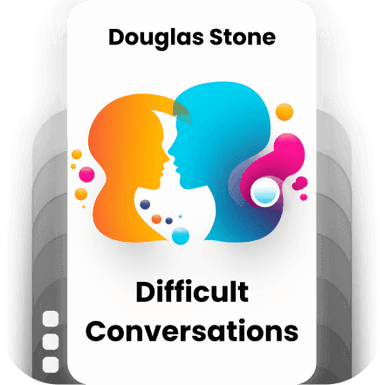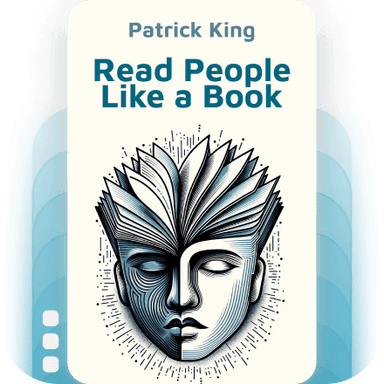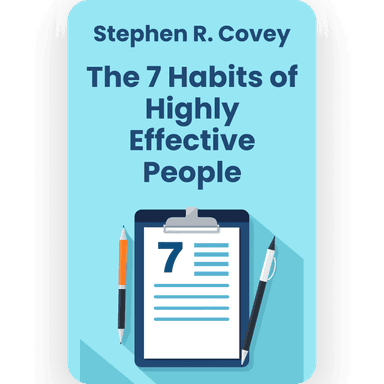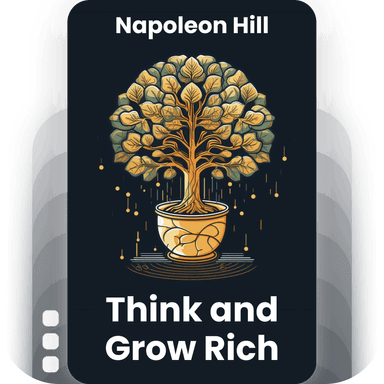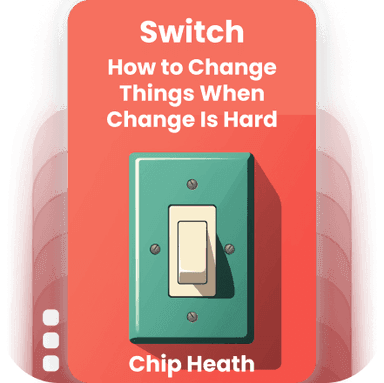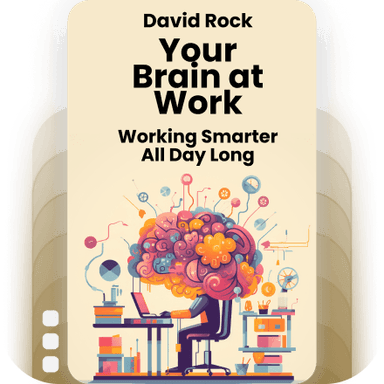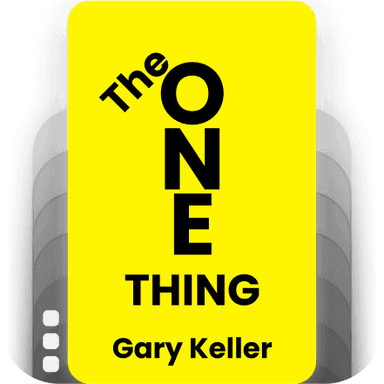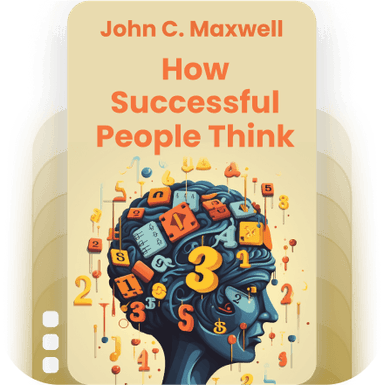
Nudge: Improving Decisions About Health, Wealth, and Happiness
Richard H. Thaler
4.2 - 5 ratings
10
List Points
10
Chapters
5
Topics
Description
Richard H. Thaler's work delves into the concept of 'nudging'—subtle interventions that encourage people to make decisions that improve their health, wealth, and overall happiness without restricting their freedom of choice. Drawing from insights in behavioral economics and psychology, the book demonstrates how small changes in the way choices are presented can significantly influence outcomes and guide individuals towards better decision-making. Thaler illustrates practical applications in various domains, from personal finance and health care to environmental conservation and public policy, addressing how these tactics can be employed to create positive societal and individual impacts.
What will you learn?
By reading this book, you will discover how subtle changes in the way choices are presented can significantly impact behavior and decision-making. Authors Richard H. Thaler and Cass R. Sunstein introduce the concept of 'nudging,' explaining how small interventions can help people make better decisions regarding their health, finances, and overall well-being. You'll learn about the psychology behind why people often make irrational choices and how thoughtfully designed 'choice architectures' can lead to improved outcomes for individuals and society.
Who’s it for?
• Individuals interested in behavioral economics.
• Professionals in public policy and governance.
• Healthcare providers and administrators.
• Financial advisors and planners.
• Self-improvement and personal development enthusiasts.
Categories
Key Learning
Available chapters to listen for this topic- 1
Understanding the Concept of Libertarian Paternalism
How Choice Architecture Can Shape Better Decisions by Preserving Freedom of Choice and Encouraging Behaviour That Will Improve Welfare - 2
The Power of Nudges
Recognizing Automatic System Thinking and Its Influence on Decision-Making Processes to Improve Individual Outcomes in Health, Wealth, and Happiness - 3
Optimizing Choices with Default Options
Examining How Pre-Set Choices and Default Rules Can Drive Better Decisions and Outcomes in Various Contexts Like Retirement Savings and Organ Donation - 4
The Importance of Feedback and Incentives
Leveraging Timely Information and Proper Incentivization to Encourage Positive Behavior Change and Enhance Decision-Making Quality - 5
Simplifying Choices with Mindful Design
Reducing Complexity and Overload in Decision Processes by Designing Environments and Presenting Information in an Understandable and Engaging Manner - 6
Understanding Heuristics and Biases
Identifying Common Cognitive Biases That Affect Decision Making and Developing Strategies to Counteract These to Foster Better Choices - 7
The Role of Social Influences in Shaping Decisions
Exploring How Social Norms, Peer Pressure, and Group Behavior Can Be Managed to Promote Healthier, Wealthier, and Happier Decisions - 8
Applying Nudge Theory in Policy Making
Integrating Behavioral Insights into Governmental Policies and Corporate Practices to Design Effective and Welfare-Enhancing Interventions - 9
Ethical Considerations of Nudging
Balancing Libertarian Paternalism with Individual Autonomy, Transparency, and Consent to Ensure Nudging Actions Align with Moral and Ethical Principles - 10
Practical Applications and Case Studies
Reviewing Real-World Examples of Nudging in Action Across Various Domains Such as Retirement Savings Plans, Healthcare, and Environmental Protection to Highlight Successful Interventions and Best Practices


